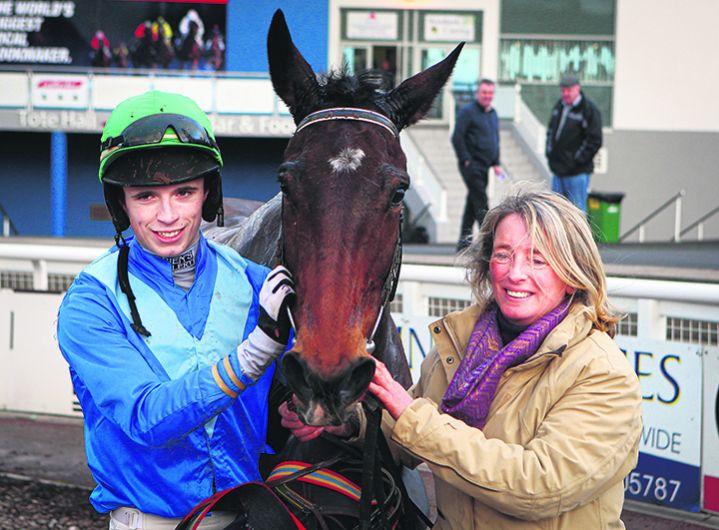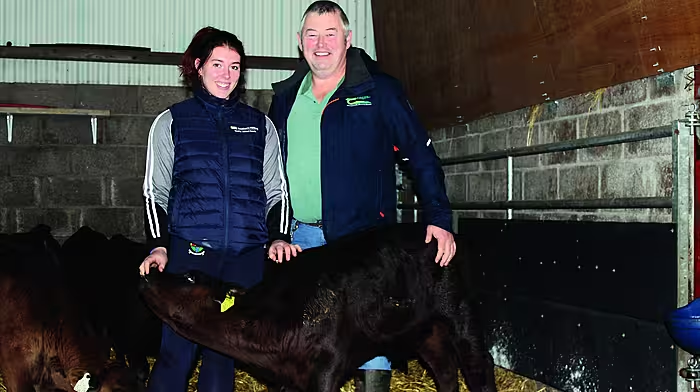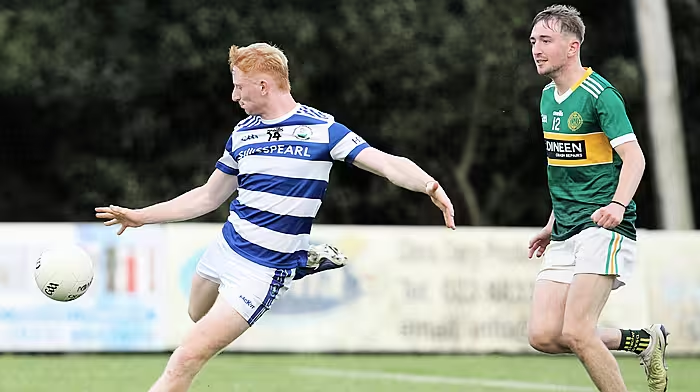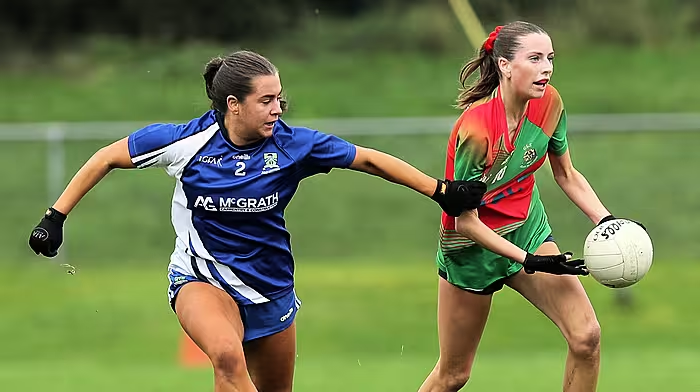THE family of a young Innishannon jockey who received substandard care at Cork University Hospital (CUH) after a fall, and later died, have said they had to make sure his story was told.
THE family of a young Innishannon jockey who received substandard care at Cork University Hospital (CUH) after a fall, and later died, have said they had to make sure his story was told so other families could be spared such a loss.
Jack Tyner (19), the only son of well-known horse trainer Robert Tyner, died in hospital six days after a fall at a point-to-point in Dungarvan in 2011.
But it was just this week that his family’s case against the HSE ended at the High Court, sitting in Cork.
Mary Tyner – Jack’s mother – said outside the courthouse: ‘We got suspicious over certain things that happened. But if they just stood up at the start and told us “we made a mistake, things went wrong”, we would not have had almost eight years of torture, trying to get answers.’
Speaking about her only son, Mrs Tyner said: ‘Jack loved life and lived for the sport of horseracing. On February 1st 2011 Jack had a fall at a point-to-point meeting sustaining head injuries. Following the fall, he was taken to CUH and we were led to believe he would be there for a few hours at most. Jack never came home and died on February 7th 2011.
‘We subsequently learned that Jack received substandard care. Had Jack received early intervention and the appropriate care at CUH, he would be with us today. We accept the HSE has apologised for their part and their failings. In our view, however, lessons cannot be learned unless the professionals accept their part at an early stage as opposed to years of unnecessary litigation.
‘This has been a very traumatic journey for us, but from the outset we felt we had no option but to ensure Jack’s story was told. Jack, our only son, grandson and brother, was 19-years-old, a fledgling young jockey whose dreams were taken away from him – and us.’
She said the family had only taken the action so that lessons could be learned and other families could be spared their loss.
At the time of his death, Jack was regarded as one of the most talented young jockeys on the point-to-point circuit.
His heartbroken mother said: ‘He had great ambitions to get on with his life and be at the top of his game. It took us so long to get answers. They kept backing out and saying it was not their fault. But it was frightening to learn what went wrong.
‘This has been a very traumatic journey for us, but from the outset we felt we had no option but to ensure Jack’s story was told.’
She said Jack’s five sisters remain heartbroken that they never got a proper chance to say goodbye to him in hospital because they always thought he was coming home, but this never happened.
Seán Lynch, the family’s barrister, said in court: ‘The HSE admitted fault in the end. They did not admit causation, but they do accept they were at fault and have apologised in writing. They have apologised for any failings on their part.’
Mr Lynch SC said the case had caused enormous distress for the family.
Carmel Best, solicitor for the family, said the distinction between liability and causation effectively meant that the HSE accepted there had been failings, but not that these were the cause of Jack Tyner’s death.
However, had the case gone to trial, the defence would have called evidence from a UK-based neurosurgeon alleging that the late Mr Tyner was at risk of death following a severe head injury from the fall during the horse race, but that this risk was, at most, 9%.
Mr Justice Michael Hanna was told that the HSE had given a written apology to the Tyner family as part of the settlement of an action taken against the HSE and CUH over the death of the young jockey.
Mr Justice Hanna approved the sum on offer in settlement of the action.









